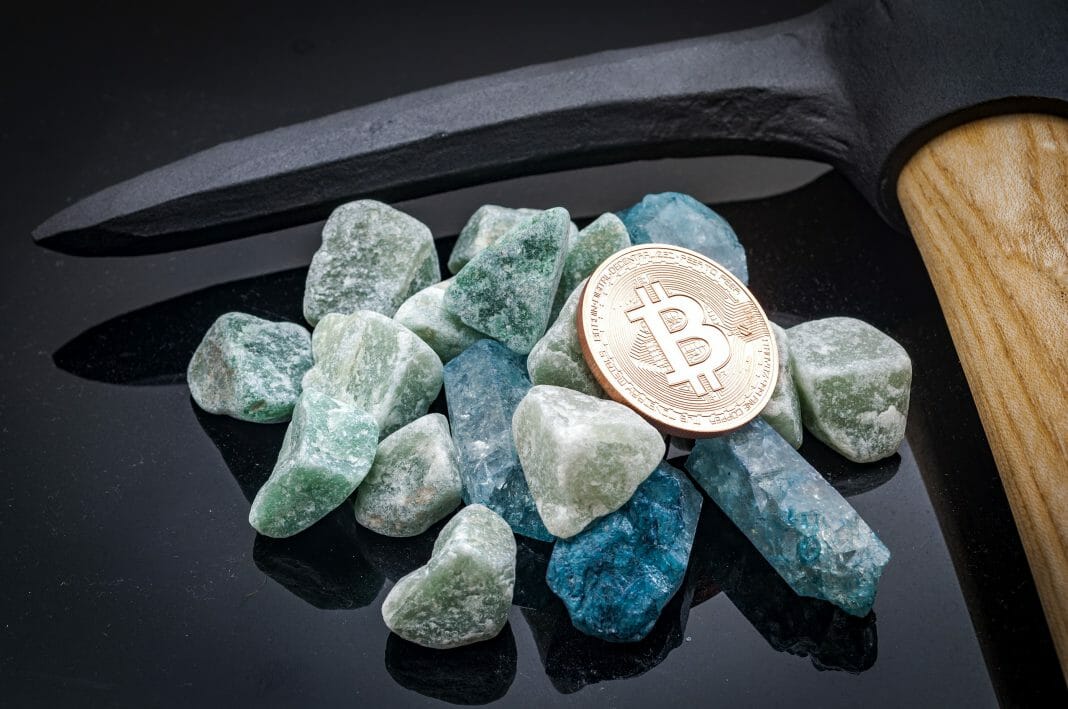Morocco will be the host country of the next macro project designed to build a Bitcoin mining farm. The plan dictates that construction will start in January 2019, according to a Tuesday report from news site Ars Technica. Who is behind this giant project? Soluna, which is a product of the Brookstone Partners. the comapny plans to leverage Moroccan law to fulfill their dream of building a 36-megawatt farm in the nation-state.
The New York-based Bitcoin mining company intends to convince the Moroccan authorities, which have outlawed cryptocurrency payments from every platform, to let them start with the construction by offering to sell them a minimum of 20 percent of the produced electricity output.
A Power Purchasing Agreement
What the firm plans to do is called a Power Purchasing Agreement, and it will let the enterprise set the foundations in Morocco for a broader project that will transcend borders in the region in the form of expected future sales, according to the CEO John Belizaire. The executive told Ars Technica that the Moroccan government, by one of its laws, effectively allows PPA contracts for energy providers. He announced that the company would start with that (the construction of the farm in the African country) “and grow from there,” suggesting that Soluna wants to entertain agreements with other countries in the Saharan region.
A Wind Farm
The project itself is a wind park that, according to Soluna officials, could generate energy as cheap as China’s, which would make the whole Bitcoin mining process cleaner and greener than ever before. The farm’s area will be 150 square kilometers, and the expected power generation capacity over the next five years is 900 MW. The wind power will supply cheap electricity to a high-density computing center for Bitcoin mining and other cryptocurrencies. According to recent estimates, the Bitcoin network uses at least 2.55 GW.
Greener Solutions
Bitcoin mining allows people to amass fortunes with a major initial investment, and then maintenance of computing machines. The act has been criticized by many, saying that it consumes a whole lot of electricity in a world that badly needs a greener approach. By mining, the industry refers to the algorithmic process in which network participants agree that new Bitcoin transactions are valid. It generates a very high energy consumption. Miners compete to add sets of new transactions, called blocks, to the ledger. The process involves performing a complex calculation repeatedly until you guess a unique number that cryptographically links the new block to the previous one. It stores the data in such a way that it becomes tough and expensive to manipulate it since changing the data in a block also requires changing all the previous ones.
That is why electricity is the most significant expense for miners, which is the main reason why so many mining operations are based in China. In that country, it is possible to buy extremely cheap coal energy, as cheap as 0.02 € / kWh approximately.
Keeping all that in mind, Soluna is awaiting a positive response from local authorities that will let them sell more than 20% of the generated power. Belizaire hopes that regulations can adapt to newer, more modern times, and thus allowing the company to engage in conversations with other interested parties, always depending on the future generation capacity.
Since November of last year, Morocco has outlawed cryptocurrency payments. The move has been mimicked by other nations such as India and Iran, but the latter is said to be reconsidering the measure.
By Andrés Chávez











